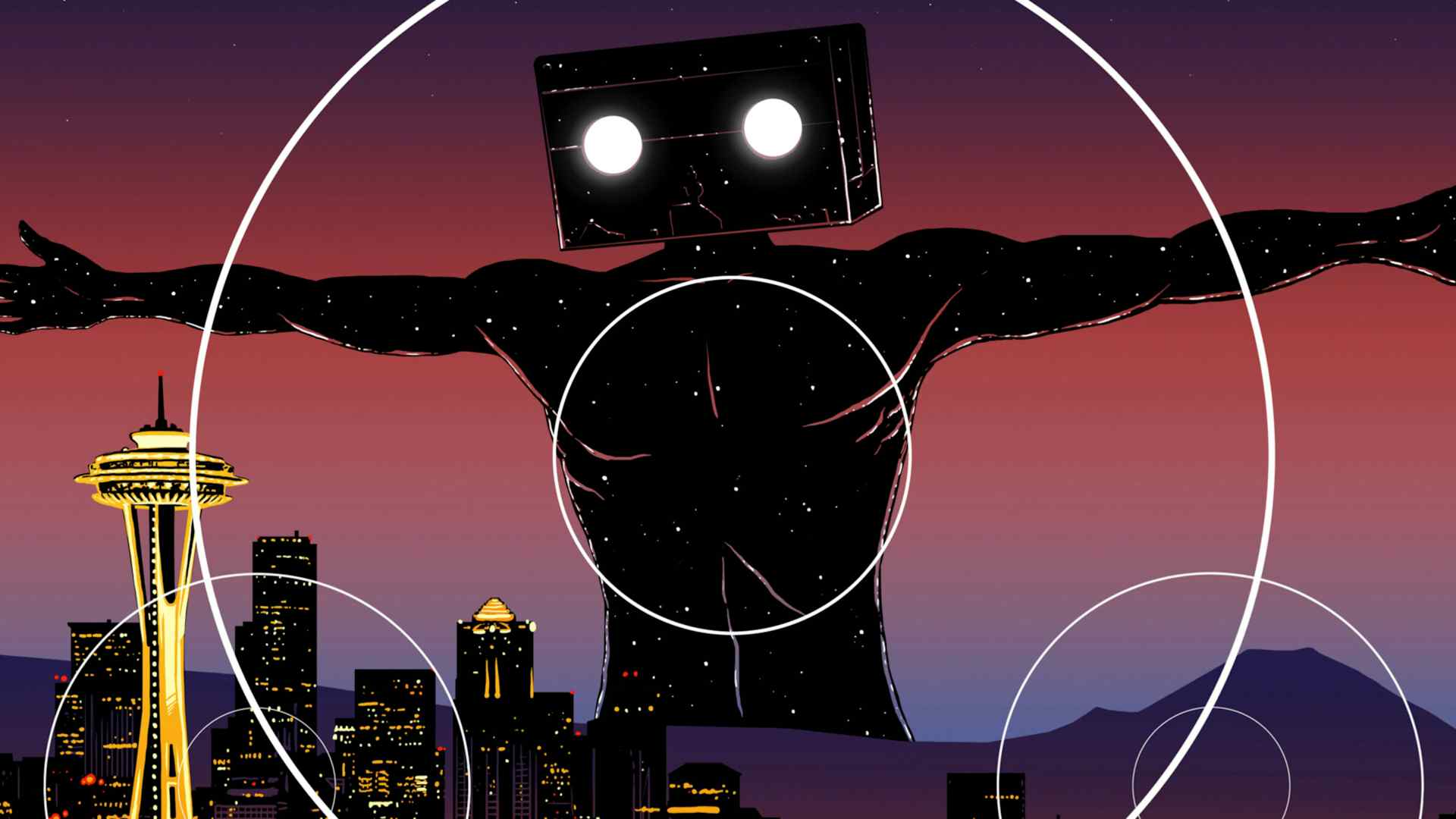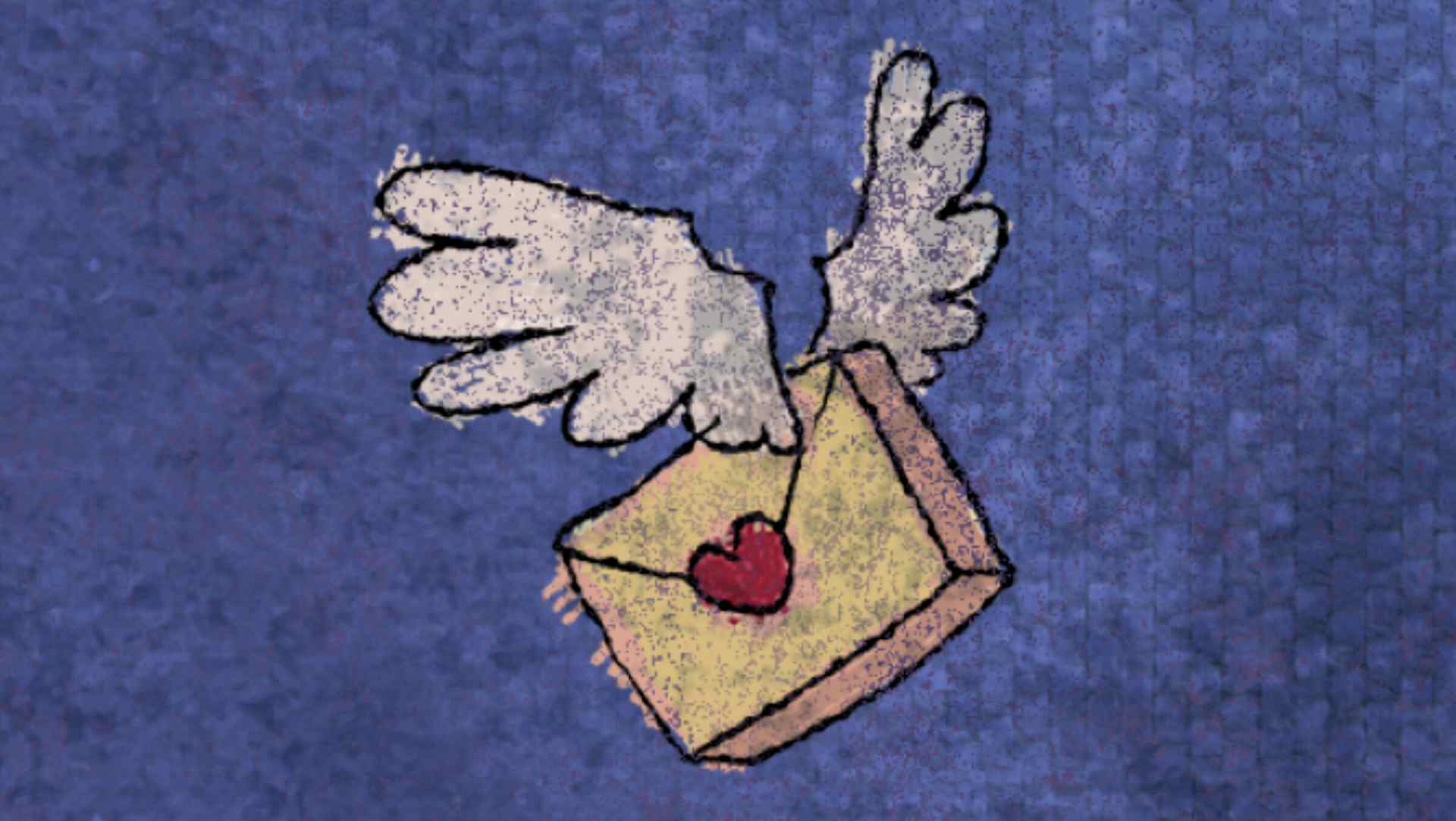
Tired of discourse about "plot holes?" Let Plotless Paradise be your oasis! This shelf spotlights movies that lean towards poetic, dreamy, vibey, and shaggy. While the term "plotless" here is a bit tongue-in-cheek, generally these picks chuck a tightly-wound three act structure for something more expressive. They convey story through places, faces, moods, sounds, textures, and symbols. Some are wild, feature-length dream sequences that challenge all rational explanation; others exhibit a reality closer to our own, but move in a more discursive, emotionally-driven way.
For some moviegoers, this style might seem kind of shallow. Surely, plotting and structure are what rescues a movie from being, frankly, just a bunch of stuff. This is not untrue, but movies are unusual: with the possible exception of video games, they're the most broadly collaborative, interdisciplinary media out there. Directors and screenwriters typically make the biggest decisions, but it takes so many other artists and craftspeople to complete even a small film. Now, sometimes a prop is just a prop, or a sound is just a sound. But in a really good movie, the task of storytelling leaves the hands of the screenwriter and becomes diffuse among all the disciplines involved--the movie (even a silent one!) becomes a multi-sensory storytelling machine. In some cases, even the actors are not the crucial element. A well-orchestrated symphony of story cues can squeeze a lot of mileage from very few "things happening," or create harmony between scenes with outwardly little in common.
Though these types of movies tend to be considered more "out there," people like David Lynch or Jim Jarmusch would likely argue that they feel closer to real life. Events rarely have an obvious order or explanation-a "plot" as we would understand it. This allows movies with a similar unpredictability to really surprise us, or get under defenses we've built towards more conventional story structure. Personally, there's nothing I enjoy more than getting thirty minutes inte something and thinking, "I have absolutely no idea where this is going." It feels unsupervised, like the guard rails are off and anything could happen. I am no longer aware of the barrier between the movie and myself.
Conventional plotting is a very useful box for containing ideas, but it is still, ultimately, a box. The universe is mysterious, messy, an endless generator of sensory inputs and associations! Embrace this in life, and embrace it in the movies!



